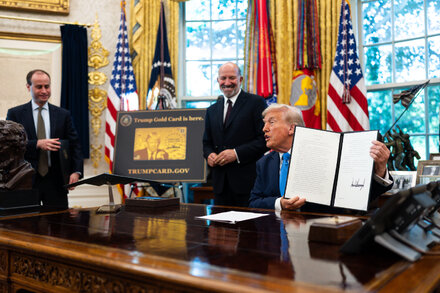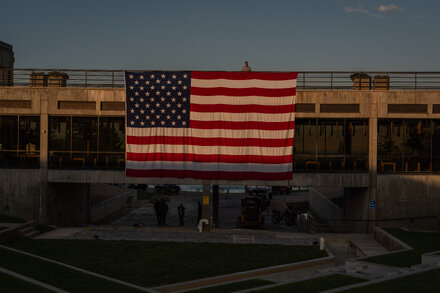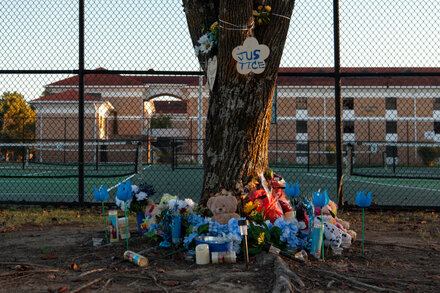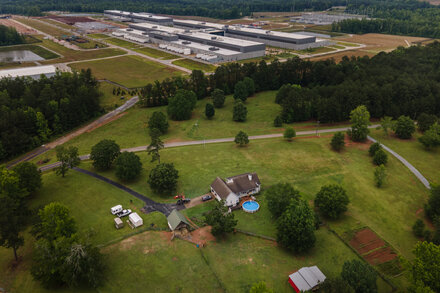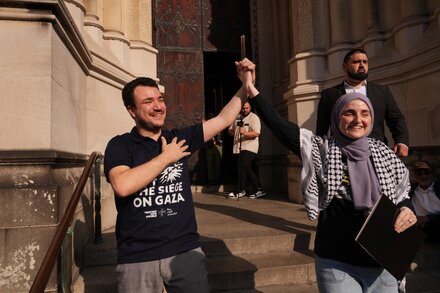President Donald J. Trump has issued a directive initiating a comprehensive government-wide effort aimed at identifying and neutralizing groups he asserts are responsible for organizing political violence across the nation. The memorandum specifically targets what the administration describes as “left-wing extremist organizations” and comes amidst ongoing debates about civil unrest and public safety.
The order, signed earlier this week, reportedly instructs various federal agencies, including the Department of Justice, the Department of Homeland Security, and the Federal Bureau of Investigation (FBI), to coordinate their intelligence gathering, investigative resources, and enforcement actions. Sources familiar with the directive indicate it seeks to expand surveillance capabilities and increase federal prosecutions related to domestic political unrest.
Administration Justifies Broad Action
According to the White House, the initiative is a necessary response to persistent political unrest and destructive demonstrations that have occurred in several major U.S. cities. President Trump has frequently characterized certain groups as “anarchists” and “radicals,” holding them accountable for property damage, assaults, and civil disturbances.
“We will not allow our cities to be taken over by radical left-wing thugs who seek to undermine our country,” President Trump stated in a recent address. “These are not peaceful protesters; these are organized criminals, and we will root them out.”
“My administration is committed to restoring law and order and ensuring the safety of all Americans from these domestic terrorists,” he added.
The move follows a period marked by sporadic protests, some of which escalated into clashes and property destruction, prompting calls from some segments of the public for a stronger federal response to ensure public order.
Concerns Raised Over Civil Liberties
The directive has already drawn sharp criticism from civil liberties advocates and opposition lawmakers, who express concerns about its potential scope and implications for constitutional rights. Organizations like the American Civil Liberties Union (ACLU) are expected to closely scrutinize the memorandum for potential infringements on First Amendment protections, particularly freedom of speech and assembly.
Critics argue that the broad language used in the order could be employed to target legitimate protest movements or suppress dissent based on political ideology. Legal scholars have also begun to question the extent of executive authority being asserted and the criteria that will be used to designate “groups that organize political violence.”
The implementation of this broad effort is anticipated to face significant legal and political challenges, setting the stage for renewed debates over executive power, domestic surveillance, and the delicate balance between national security and civil liberties in the United States.
Source: Read the original article here.
